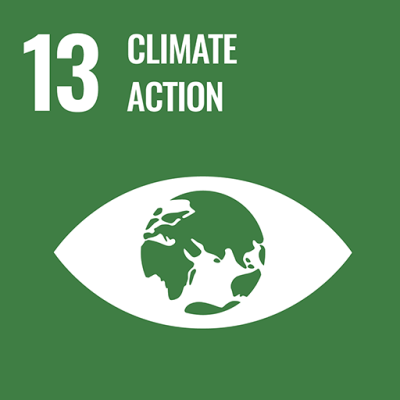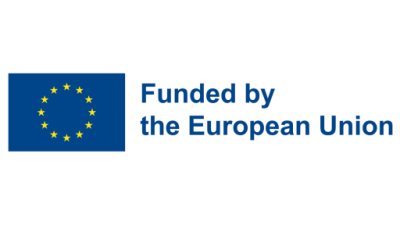Project
TechCoach: Connecting Operational Groups across border to enhance farmers’ ability to assess, adopt, and integrate smart crop farming technologies
Project sponsors

Matchmaking Innovation Boosts Smart Farming Adoption in Finland
The first TechCoach innovation bootcamp was successfully held 26.-27.11.2025 in Siuntio, Finland. 4 teams, mentored by 6 specialists, brainstormed solutions perceived challenges related to the adoption of smart farming technologies at farm level.
The teams and their respective challenges were as follows:
- Team Peer Learning: Strengthening peer learning in smart agriculture
- Team Support Systems: Developing support systems to promote smart agriculture
- Team Matchmaking: Smart matchmaking solutions for farm problem-solving
- Team Lighthouse: Identifying and utilizing “Lighthouse Farms” and their expertise
All teams developed unique and realistic solutions. The winning concept came from the “Matchmaking” team, whose proposal introduces a novel farmland rental service aimed at revitalizing underutilized fields across Finland. The solution not only aligns strongly with the core objectives of the TechCoach project: accelerating the adoption of Smart Farming Technologies (SFT) at the farm level, but further also addresses rural vitality and food security.
A Scalable Model for Smart Farming Uptake
The Matchmaking concept proposes a digital platform that connects landowners with underused fields to professional contractors capable of cultivating them efficiently. By consolidating fragmented plots under skilled operators, the model enables investments in advanced agricultural machinery and data-driven technologies—such as GPS-guided equipment, sensors, and precision farming tools—that would otherwise be out of reach for small-scale farmers.
This approach directly supports TechCoach’s mission to empower farmers to assess, adopt, and integrate Smart Crop Farming technologies. By embedding technology into a viable business model, the Matchmaking solution transforms smart farming from a theoretical concept into a practical, scalable reality.
Enabling Multi-Actor Collaboration
The success of the Matchmaking model hinges on collaboration across disciplines. It requires technological expertise, deep knowledge of primary production, cultural and marketing acumen, and local insight. This multi-actor setup mirrors TechCoach’s emphasis on farmer-centered advisory systems, where knowledge flows between farmers, advisors, researchers, and technology providers.
The model fosters a new kind of advisory culture—one where contractors, tech developers, and farmers co-create solutions and share expertise. This dynamic aligns with TechCoach’s goal of strengthening multi-actor advisory networks and promoting peer-to-peer learning.
Building National Networks and Policy Insights
Beyond its technological and advisory dimensions, the Matchmaking model has the potential to catalyze national collaboration. By bringing together stakeholders from across regions—landowners, contractors, and agri-businesses—it lays the groundwork for robust knowledge-sharing networks. These networks can serve as platforms for disseminating best practices and scaling innovations across Finland.
Moreover, the model offers valuable insights for policy development. It touches on key themes such as food security, land use optimization, shared machinery services, and attracting international investment in Finnish agriculture. As TechCoach prepares to deliver policy recommendations at both national and EU levels, the Matchmaking concept provides a compelling grassroots example of how innovation can drive systemic change.
A Model for Europe?
With its emphasis on sustainability, collaboration, and digitalization, the Matchmaking solution exemplifies the kind of farmer-driven innovation that TechCoach seeks to promote across Europe. As the project continues to gather and share good practices, this Finnish-born concept could inspire similar initiatives in other regions—contributing to a more resilient, tech-enabled, and connected European agricultural sector.
The innovation bootcamp was further attended by 9 international observers from TechCoach partners in Greece, Hungary, Italy and the Netherlands, who on their turn will facilitate their respective national innovation bootcamp in the first half of 2026.
